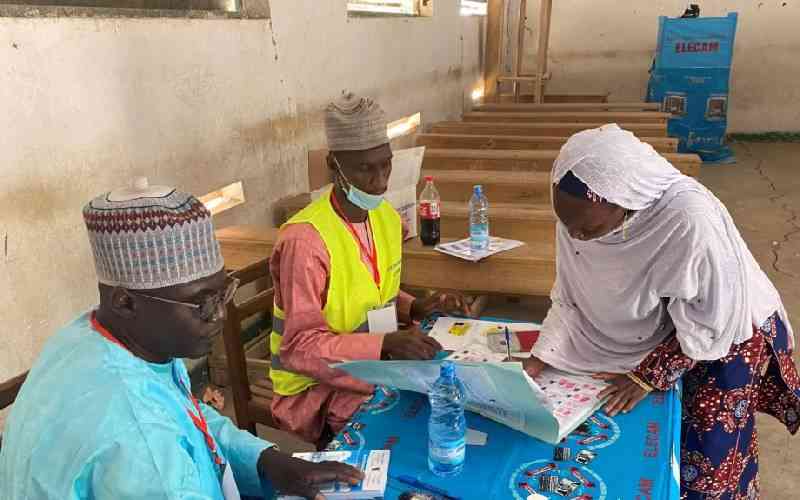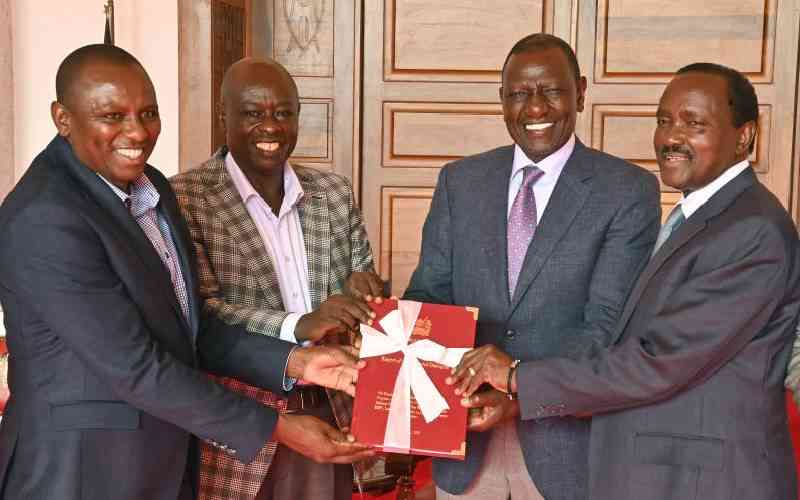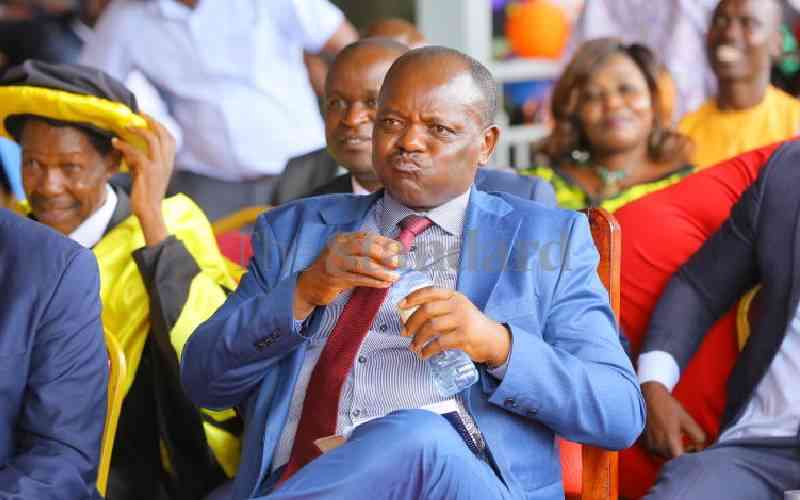By MOSES NJAGIH
The Independent Electoral and Boundaries Commission (IEBC) kicked off what would appear a crash programme for the March 4 General Election.
The commission launched voter education and indicated that it will not extend set deadlines for key activities to be conducted before the election.
Key on the programme is the voter registration, which the commission says will kick off on November 1 and close after 30 days.
IEBC Chairman Issack Hassan warned the commission will not increase the period for voter registration “even by a single day” to ensure timelines are adhered to.
“I know Kenyans have the habit of last minute rush to beat the deadline but we want to tell them that we do not have the luxury of time this time round,” said Hassan.
He added: “Thirty days is what we have set aside for registration of voters and we want to announce long in advance that there will be no extension for the exercise.”
The chairman said it was imperative the timelines are met so that elections are conducted as scheduled.
After the close of voter registration, the commission will compile the voter registers, which would be open for inspection for 30 days starting January 4.
Hassan was emphatic the commission would be ready for the election, castigating politicians who are arguing for the delay of the process.
“Those alleging that IEBC is not prepared for the elections should look for other excuses. If they are fearing facing the voters let them say as much and not blame the commission,” Hassan said.
Education Minister Mutula Kilonzo, who was the guest at the launch, termed as “hate speakers” those who are clamouring for delay in the elections.
“They are keen on causing discomfort and confusion among Kenyans who are ready for the March 4 elections,” said Mutula.
The minister said his ministry would not object to the use of schools, which are majority of polling centres, for the election since the exercise would only take a day.
intensive education
Stay informed. Subscribe to our newsletter
“It would only be two days in the event of a run off, but over the voter registration period we insist that those doing it consider schools as peace zones,” said Mutula.
The commission launched voter education curriculum and teaching materials to be used by those conducting advocacy, and rolled out the process, greatly necessitated by the changes in the constitutional dispensation.
The commission Chief Executive Officer, James Oswago, admitted the current voter education would be intensive and its success would only be evaluated after the elections.
“It is a complex process and the measure of its success will only be realised after the entire electoral process,” said Oswago.
The four books launched on Monday to guide the voter education exercise are Voter Education Curriculum, Training of Trainers, Gender Guide and Handbook on Elective Positions.
Besides the use of Constituency Electoral Coordinators, the commission announced that it was planning to use other media to ensure massive entrenchment of voter education.
 The Standard Group Plc is a
multi-media organization with investments in media platforms spanning newspaper
print operations, television, radio broadcasting, digital and online services. The
Standard Group is recognized as a leading multi-media house in Kenya with a key
influence in matters of national and international interest.
The Standard Group Plc is a
multi-media organization with investments in media platforms spanning newspaper
print operations, television, radio broadcasting, digital and online services. The
Standard Group is recognized as a leading multi-media house in Kenya with a key
influence in matters of national and international interest.
 The Standard Group Plc is a
multi-media organization with investments in media platforms spanning newspaper
print operations, television, radio broadcasting, digital and online services. The
Standard Group is recognized as a leading multi-media house in Kenya with a key
influence in matters of national and international interest.
The Standard Group Plc is a
multi-media organization with investments in media platforms spanning newspaper
print operations, television, radio broadcasting, digital and online services. The
Standard Group is recognized as a leading multi-media house in Kenya with a key
influence in matters of national and international interest.








